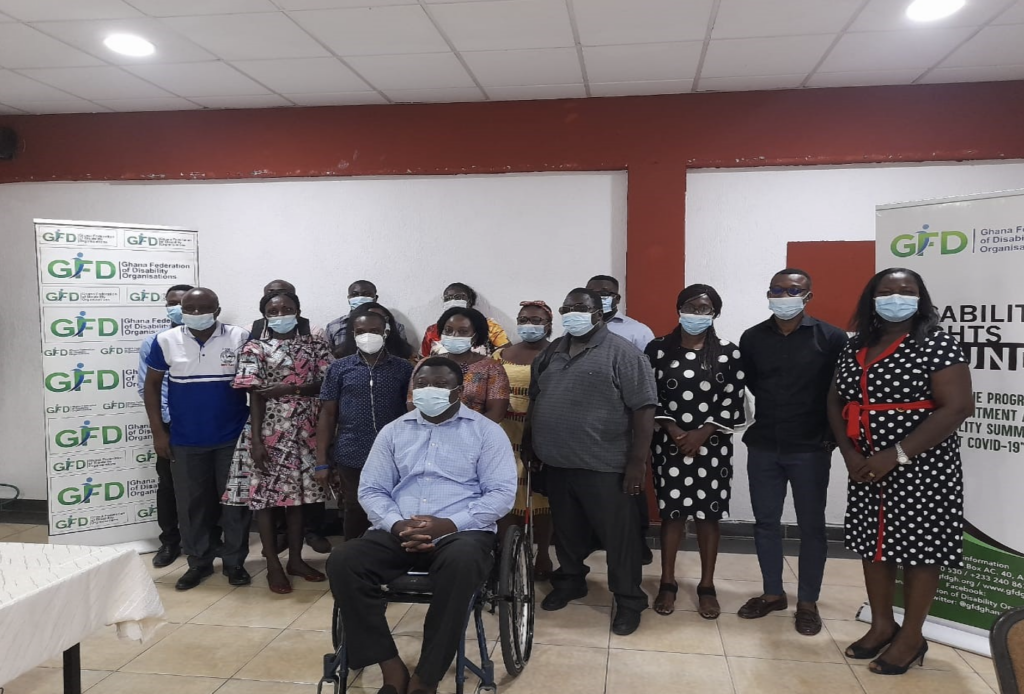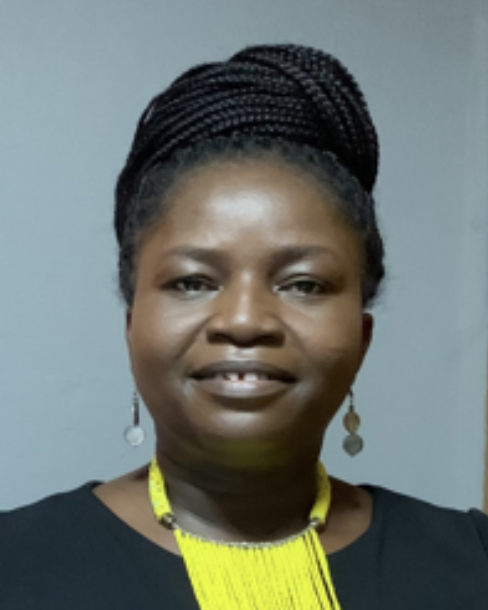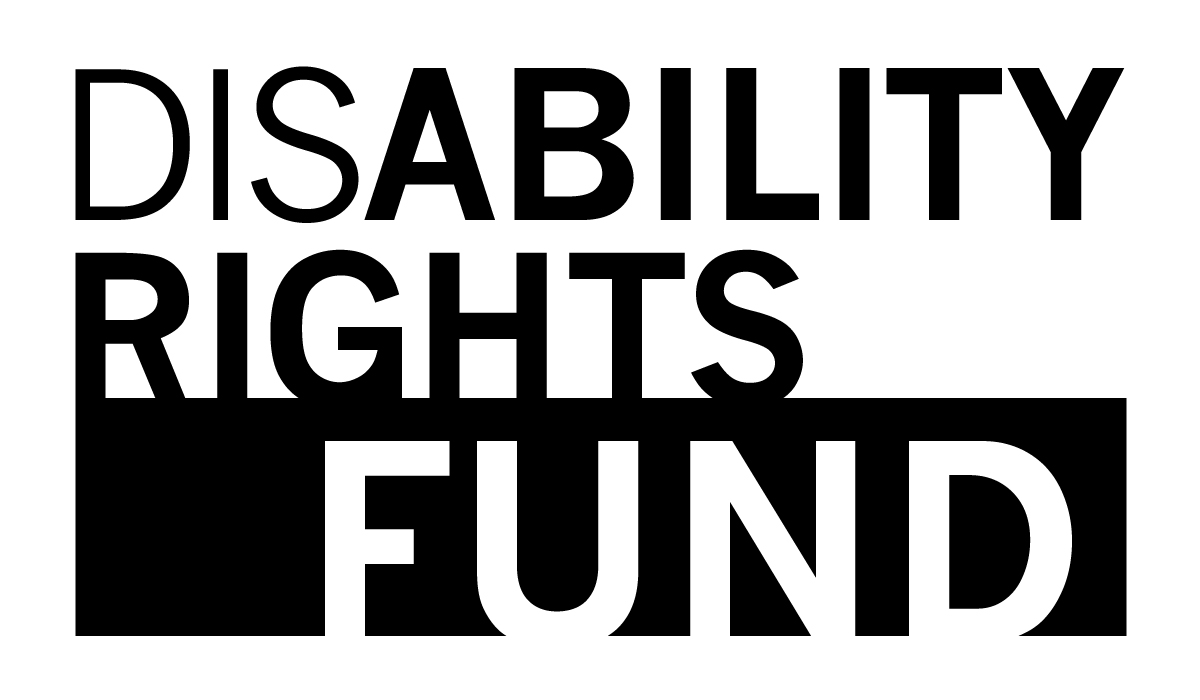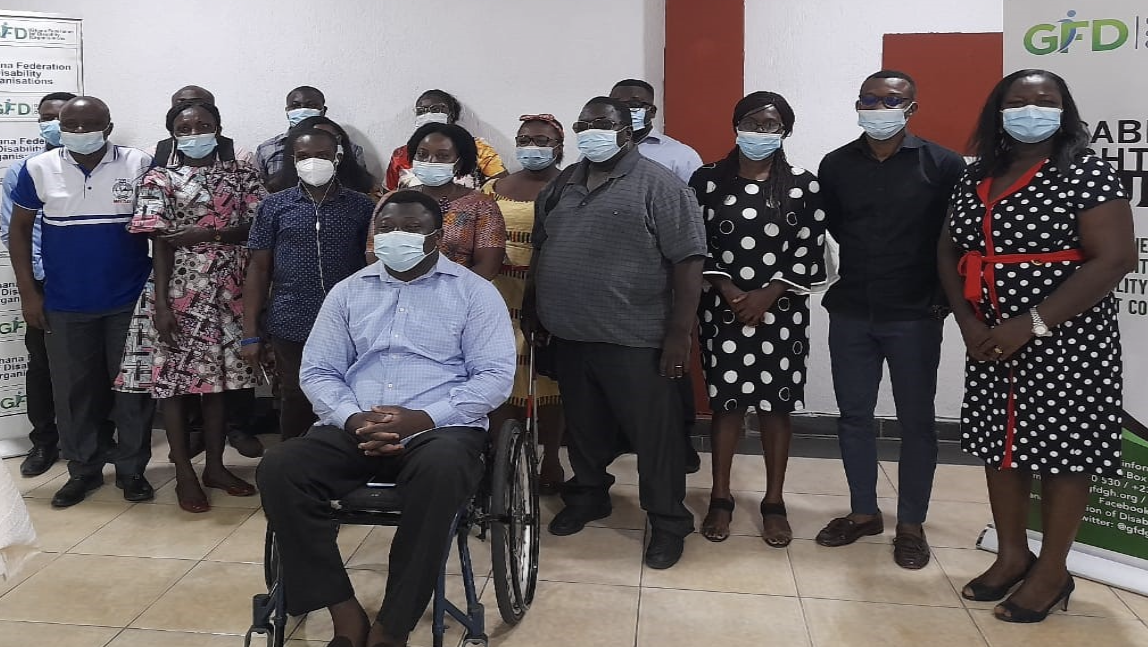Aapurv Jain, Associate Director of Bilateral Relations
The Global Disability Summit (GDS) offers a concrete mechanism for collecting new, ambitious, and widespread commitments, which are critical to achieving real change for persons with disabilities. The first GDS, held in London in 2018, generated an unprecedented level of attention on and commitment towards disability-inclusive development. The second GDS was held virtually in Oslo in February 2022 (GDS22) to build upon the results achieved at the first Summit to further accelerate much-needed progress towards the fulfillment of the rights of persons with disabilities worldwide.
Since GDS18, the Disability Rights Fund (DRF) and the Disability Rights Advocacy Fund (DRAF) awarded 35 GDS18 grants totalling $1.61 million USD to 22 organizations of persons with disabilities (OPDs) in Africa, Asia, and Europe. Upon the conclusion of GDS22, we are sharing stories of some of these grantees and their advocacy. These stories offer a way to learn about DRF/DRAF’s grantees’ achievements around the world. We hope you enjoy learning about their vital advocacy and discovering more about their work!

DRF/DRAF’s Associate Director of Bilateral Relations, Aapurv Jain, interviewed Rita Kusi Kyeremaa, Executive Director of the Ghana Federation of Disability Organisations (GFD), about their involvement in the recently concluded Global Disability Summit 2022 (GDS22).

Rita is an advocate and social development practitioner with over 14 years of experience in development work with particular focus on social protection, diversity, and inclusion. Rita has spent a greater part of her career promoting inclusion, participation, and representation of persons with disabilities in the Ghanaian society and communities around the world, especially in the Global South through policy development, advocacy, and influencing and program implementation. DRF/DRAF has known and supported GFD’s work since 2008. Rita has supervised the implementation of human rights and inclusion projects that have impacted the lives of over 1.5 million persons with disabilities in Ghana.
Aapurv: Could you please tell us a bit about your organization?
Rita: Previously known as the Ghana Federation of the Disabled and now known as Ghana Federation of Disability Organizations (GFD), we represent over 3 million persons with disabilities in Ghana. GFD is a national umbrella organization of organizations of persons with disabilities (OPDs) in Ghana that was established in 1987. It is a civil society organization that brings together the key OPDs in Ghana. GFD champions engagements towards assuring the rights of persons with disabilities to access education, employment, health, economic welfare, justice, and information. We work with our partners to advocate a legislative regime that is sensitive to all persons with disabilities in Ghana and beyond. Our vision is an inclusive society for all persons with disabilities in Ghana and our mission is to advocate the rights of persons with disabilities by influencing policies, programs and activities at the national and local levels and to strengthen OPDs. GFD has branches at the national level in the 16 administrative regions, and in over 250 districts in Ghana.
Aapurv: As the national umbrella organization of OPDs in Ghana, to what key issues did you target your advocacy work, particularly around the Government of Ghana’s GDS commitments?
Rita: We led a national coalition (including partners Inclusion Ghana and Ghana Blind Union) that focused its advocacy on selected key GDS18 commitments, namely:
- Awareness creation on the rights of persons with disabilities in the religious and traditional settings of the country and fighting against the systemic stigmatization and discrimination against persons in the disability community.
- Inclusive Affirmative Action Bill
- Amendment of persons with disabilities Act 715
- Increase in budgetary allocation for inclusive education
- Strengthened disability data through the Ghana National Household Registry and census
Aapurv: How did our funding help you to hold the Government of Ghana accountable and ensure progress was made to meet GDS18 commitments in time?
Rita: The funding received from DRF/DRAF helped us build our capacity in understanding the commitments locally and their connection with global policies and conventions. As a result, the GFD-led coalition succeeded in:
- Mobilizing 35 OPDs in Ghana and stakeholders to jointly propose a roadmap for implementation of the commitments made by the Government of Ghana.
- Analyzing the national budget to provide clear data on the current situation of budget allocation to inclusive education. Stakeholders in the disability sector were empowered by the findings of the budget analysis to support the advocacy for inclusive education budget increases.
- Promoting disaggregated data through sustained lobbying of the Ghana Statistical Service to include disability in the 2021 census. The 2021 census report estimates that
- Contributing to push government to submit the re-enactment bill to the Attorney General’s Department for processing to Parliament.
- Empowering 150 OPDs and other selected stakeholders through nationwide awareness campaigns on the commitments, discrimination, and stigmatization against persons with disabilities within selected traditional and religious settings.
- Influencing in the African regional space to highlight disability inclusion and resourcing.
- Contributing to GDS22 through the representation on the Civil Society Reference Group.
Aapurv: How did you ensure that the renewed commitments from the Government of Ghana reflect the needs of persons with disabilities in 2022? And what steps are you planning to undertake to make sure these commitments are implemented in a timely manner?
Rita: In January 2022, we consulted with OPDs and persons with disabilities to make a proposal for the government to consider in its commitment for GDS22. We then partnered with the government to develop measurable, achievable, realistic, and time-bound commitments. Now that GDS22 has happened, we are partnering with the government to develop a roadmap for implementation of the commitments from 2022 to 2026.
Aapurv: Looking ahead, are there key learnings from the process that you would like to share with stakeholders—including donors interested in funding OPDs—as they implement commitments and plan for GDS25?
Rita: Learning from the current and previous GDS processes, there is the need for OPDs to work closely with government and stakeholders to develop a roadmap for implementation of Ghana’s GDS commitments. A key consideration in the process is funding and resources committed to the implementation of the commitments. Also, OPDs and stakeholders will monitor implementation of the commitments and issue annual status reports which will be shared with the government to inform further implementation of the GDS commitments.
Read this article in Ghanaian media about GFD’s work to make the national population census inclusive of persons with disabilities. You can learn more about their work ton their website, Facebook page and Twitter handle.
We would like to thank the United Kingdom’s Foreign, Commonwealth and Development Office (FCDO) for generously supporting our GDS grantmaking. You can check out more posts in this series here.

